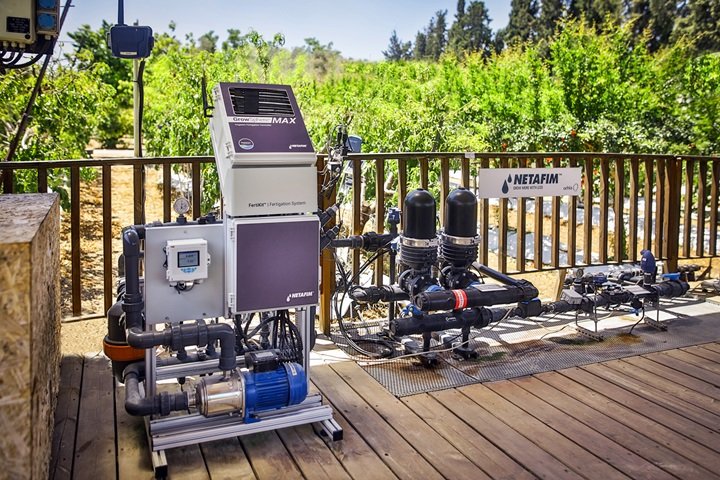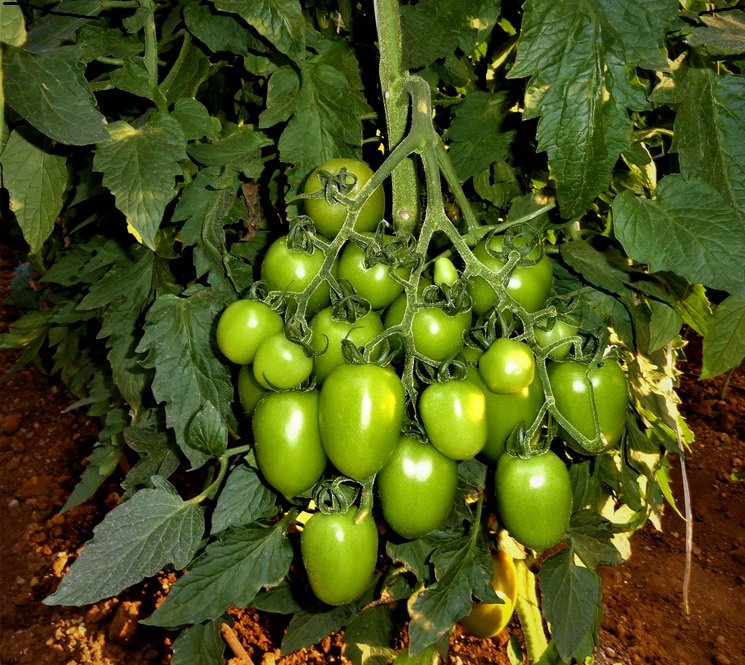Phytech secures strategic partnerships with Rivulis and Netafim to drive global digital farming transformation
Phytech, a leader in digital farming solutions, is announcing two landmark strategic partnerships with Rivulis and Netafim, two of the world’s largest and most respected precision irrigation companies. These collaborations mark a major step in the global adoption of digital farming, as Phytech’s technologies will be integrated into the global operations of these key industry players.
Phytech helps growers optimize the farming production value chain using proprietary plant and field condition sensors to deliver data-driven agronomic insights and recommendations. These insights are executed through in-field automation controls, enabling optimized yields, water savings, and input efficiency for economic and environmental impact. The company provides daily service to over 1,000 global producers of fruit, nuts, and commodity crops, covering 45 million trees across 18,000 sites.
Phytech has developed a simplified, alert-driven mobile platform, combining predictive algorithms and data analysis tools that integrate continuous crop health and supportive environmental data, distilled into real-time recommendations. By providing clear visibility into tank level, pumps, filters and valves, Phytech’s hydraulic monitoring capabilities enable real-time problem detection and predictive maintenance of a farmer’s irrigation system, creating a speedy response to any issue. Without these “eyes” in the field, growers depend on manually checking key functions or detecting the problem only after the damage has occurred.
The first partnership combines Rivulis’ global presence in micro irrigation products and solutions with Phytech’s real-time plant health and hydraulic monitoring and automation technology. Rivulis has integrated its cloud-based precision irrigation subsidiary, Manna, into Phytech. This integration enables farmers to optimize plant performance and resource usage with unprecedented accuracy and simplicity. By merging Phytech’s detailed, sensor-based field data with Manna’s spatial remote sensing capabilities, farmers will gain monitoring and insights into their crops, irrigation systems, and fields, alongside actionable irrigation recommendations and closed-loop system automation. The integration of Manna into Phytech also includes the Jain Logic and Observant offerings in the USA and Australia, respectively.
This strategic alliance also solidifies Rivulis’ role as a shareholder in Phytech and expands the reach of Phytech’s advanced solutions across Rivulis’ extensive global retail network and turnkey project channels, aiming to accelerate global agriculture technology adoption. Phytech’s technology can also enable irrigation dealers to enrich their service to growers with a data driven proactive approach.
Phytech’s second strategic partnership, with Orbia Precision Agriculture Netafim, a global leader in precision irrigation and the world’s largest irrigation company, aims to enhance digital farming solutions across the globe. Phytech’s technology will be integrated with GrowSphere™, Orbia Netafim’s all-in-one irrigation operating system, providing both sets of customers with deeper visibility into their irrigation environment for faster and more accurate monitoring. The partnership creates synergy by fully leveraging GrowSphere’s advanced control and automation capabilities, enabling customers to benefit from more precise and responsive irrigation solutions tailored to the specific needs of their crops. This includes detecting issues like water or fertilizer waste and low pressure, which lead to system malfunctions and higher costs.
Phytech’s CEO, Oren Kind, remarked: “In a rare vote of confidence, Rivulis and Netafim have chosen Phytech to lead the digital farming offering for farmers around the world. This selection highlights over a decade of success, marked by significant revenue growth and the proven ability to scale in-field monitoring solutions and drive digital adoption across farm operations globally. This achievement is thanks to our growers, whose commitment to transformative technology has driven our innovation. Together, these relationships enable us to expand our unique hardware and software solutions, supporting growers and ecosystems worldwide.”
“Both Rivulis and Netafim are leaders in their respective fields,” said Kind. “Our collaboration with these key players underscores the growing importance of data-driven solutions in modern agriculture. Together, we aim to usher in a new era of sustainable farming, benefiting growers globally.
Phytech, a leader in digital farming solutions,





